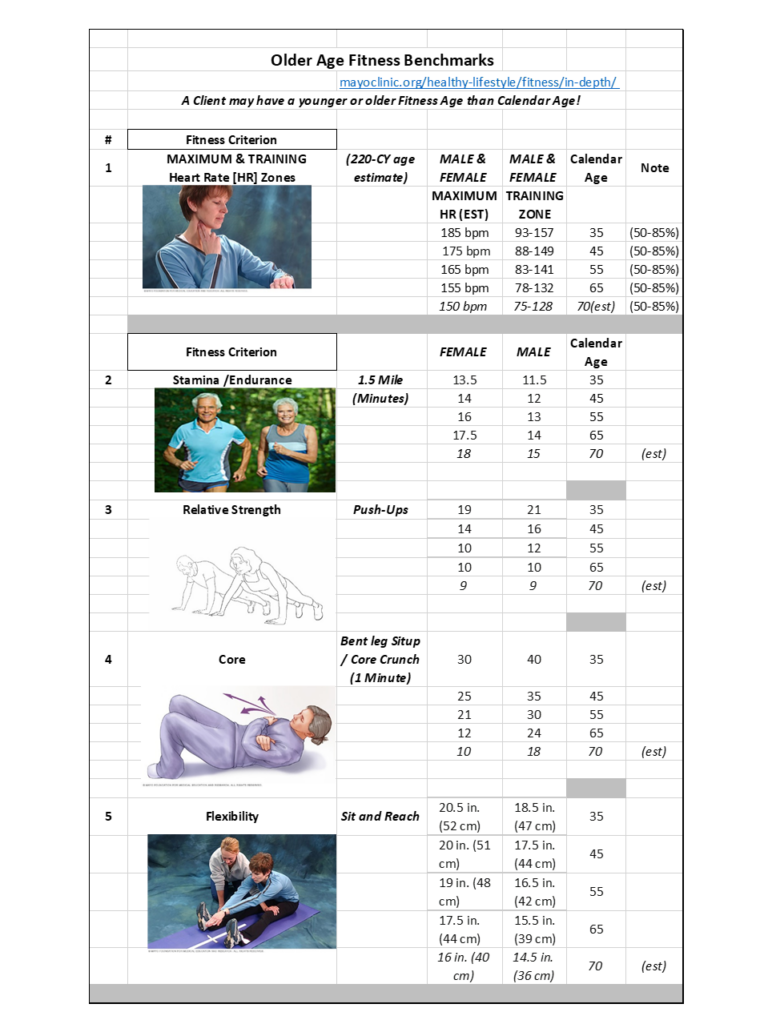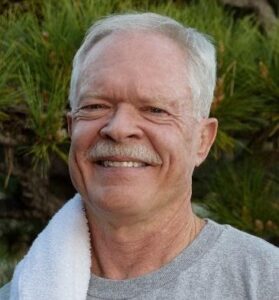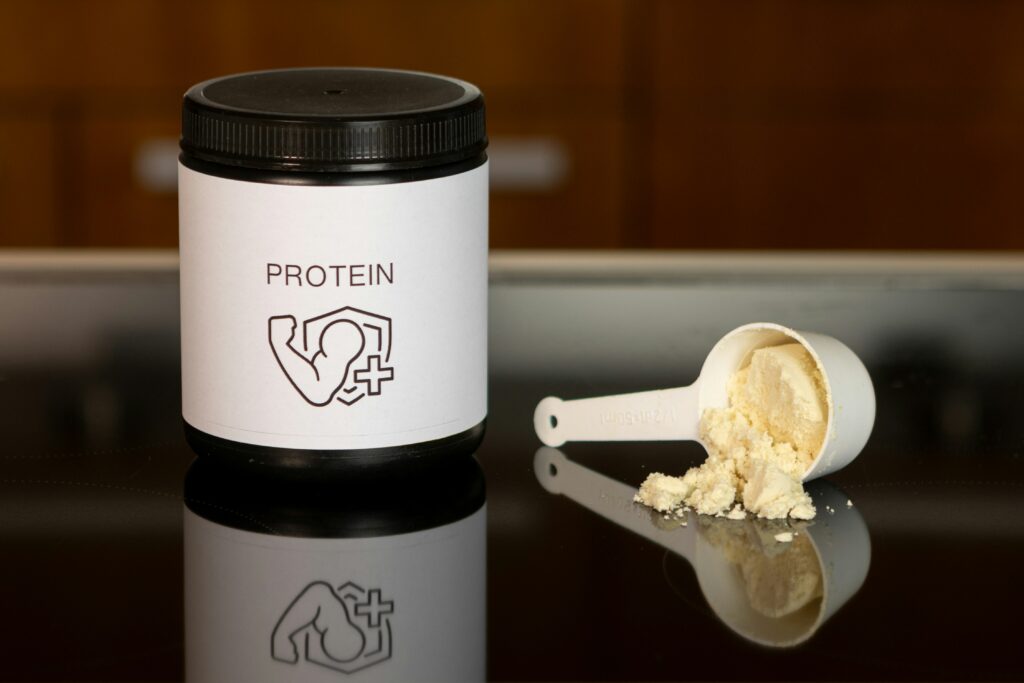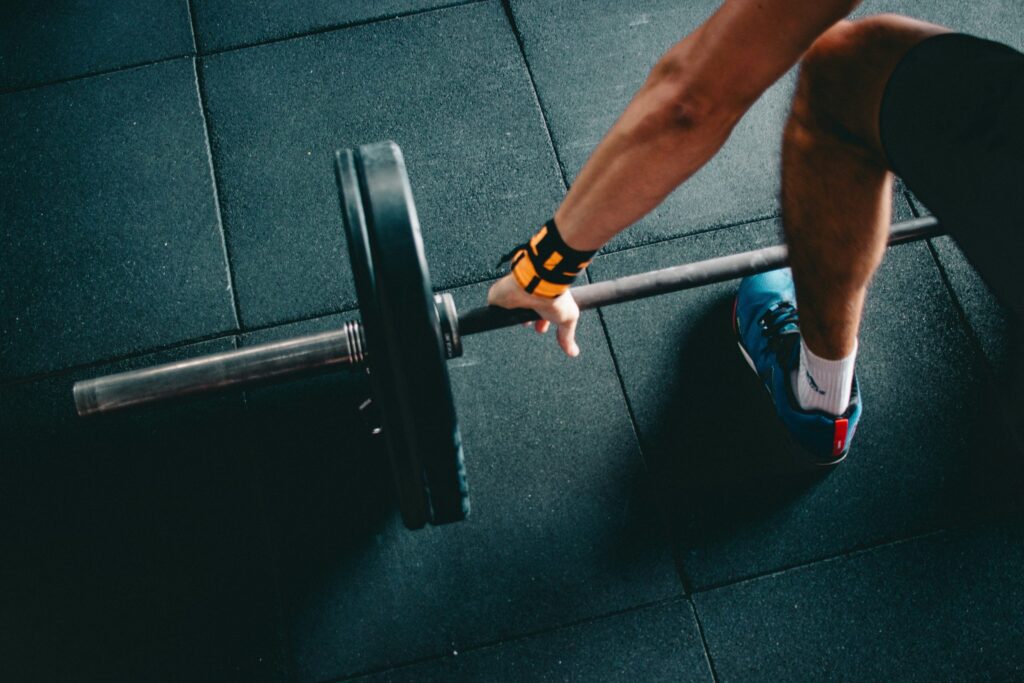Medicare-aged folks comprise a notable and possibly growing segment of our personal training clientele. Their calendar years may or may not reflect “gym or fitness age.”1 As our title includes “older” – just what is older? Subjectively, older is 60 years of age or more for our clients [and for a minority of Certified Personal Trainers like this author.] Some clients are older than our de facto PAR-Q’s ceiling (69 years of age).
Determining Fitness Age
For our clients in their 70s and 80s, supplemental queries may be prudent for screening.
Examples:
a. Have you ever had a fracture in the hip, spine, or wrist?
b. Do you get pain in your buttocks, thighs (front or back), or calves when you walk?
c: Have you fallen more than twice in the past year (no matter the reason)?
Note: In both of these cases for “older” clients – answers to client screening questions 2 are mandatory before sessions begin.
This is good news to begin our “fitness age” refresher:
“Current research indicates there is no noticeable decline in physical abilities until about the age of 70, as long as people stay active…Serious-minded master’s athletes …devote significant amounts of time to their training.”3
A focused refresh on fundamental exercise science principles for “older” and “serious-minded” NFPT clients is worthy. Why? Most older clients are physically different from their younger peers. That stated, most older clients have similar goals and performance aspirations as do younger clients. Plus, they may actually have more time to train.
Mayo Clinic performance benchmarks4 in Table 1 (and your own experiences) reinforce age-based fitness differences.
Table 1

Note: There are useful male-only derivations of this Mayo Clinic Table, in Men’s Health and Breaking Muscle. Sources like Cooper Standards, gubernatrix.co.uk, and spitfireathlete.com also offer women’s age-based performance marks which merit scrutiny. Standards and guidelines are not sacred (from any of these sources) as each of our older clients is unique. Positive change and lasting fitness vary with clients, their genders, ages, and pre-existing conditions (if any). Granted, aging is part of life. Yet successful aging of our clients can be supported by CPT awareness of “elder” guidelines: guidelines that generally differ in performance goal-setting and designed workout tactics for each younger client.
[sc name=”functional” ]
What are key physical trends for older (60+ years of age) clients vis-a-vis younger (30+) clients?
- Lesser muscle mass (with diet and “normal” aging /sarcopenia as contributors)
- Relatively higher loss of Type II muscle function than Type I (endurance) fibers
- Higher resting heart rates
- Lower training heart rates
- Lower VO2 MAX (stroke volume)
- Longer recovery times between activity or training sessions
- Delayed Onset of Muscle Soreness (DOMS)
- Flexibility may decrease from disuse and/or aging
- Stability may decrease (proprioception)
- Macronutrient (energy) requirements may lower
- Hormonal levels and changes are likely (after age 50) – especially for women
- Higher incidence of health conditions or physical challenges
- Osteoarthritis, osteoporosis, hypertension or pre-hypertension, Metabolic Syndrome (MetS).
We CPTs must be mindful of practical protocols and/or adaptations to make for their optimal training. Optimal training may be both fitness age and calendar age-dependent – so CPTs need to train some performance characteristics differently than younger athletes. Older clients are more likely to have certain health conditions, such as osteoarthritis, and their training may need to be adjusted accordingly. While safety is paramount for all clients, older clients 6,7 must receive our diligent focus on their proper hydration, heat-related symptoms, dizziness, and chest pains.
A triad construct may help us fit pros establish and adjust performance thresholds for such clients, also known as “Baby Boomers” in three performance levels of fitness age:
- Decent [beginner or recreational level of fitness]
- Good [intermediate] – the bases for “good” benchmarks cited in Table 1 above
- Great [advanced or competitive level of fitness]
Fitness Age Considerations
Consider both ages of “older” clients: fitness age and chronological age. Marked and important differences between calendar and gym years may exist and should be factored into bespoke training regimens. We NFPT personal trainers pride ourselves on tailoring safe and effective regimens for our clients. This effort is very true for older clients as recommended “partnerships”, which shall include medical professionals.
Always tailor your coaching to your older athlete’s background, realistic “fitness age” goals, metabolic age, and her or his current capabilities. You will keep them motivated.

References
www.menshealth.com/fitness/a25169323/fitness-age-test/
nfpt.com/resources/client-screening-questions and https://account.nfpt.com/forms/parq-form
coach.ca/coaching-masters-athletes
www.mayoclinic.org/healthy-lifestyle/fitness/in-depth/fitness/art-20046433
breakingmuscle.com/fitness/how-to-calculate-your-fitness-age-though-your-true-age-is-an-attitude
file.lacounty.gov/SDSInter/dmh/216745_ExerciseforOlderAdultsHealthCareProviderManual.pdf
www.personaltraineredu.org/training-for-seniors-and-older-adults/


